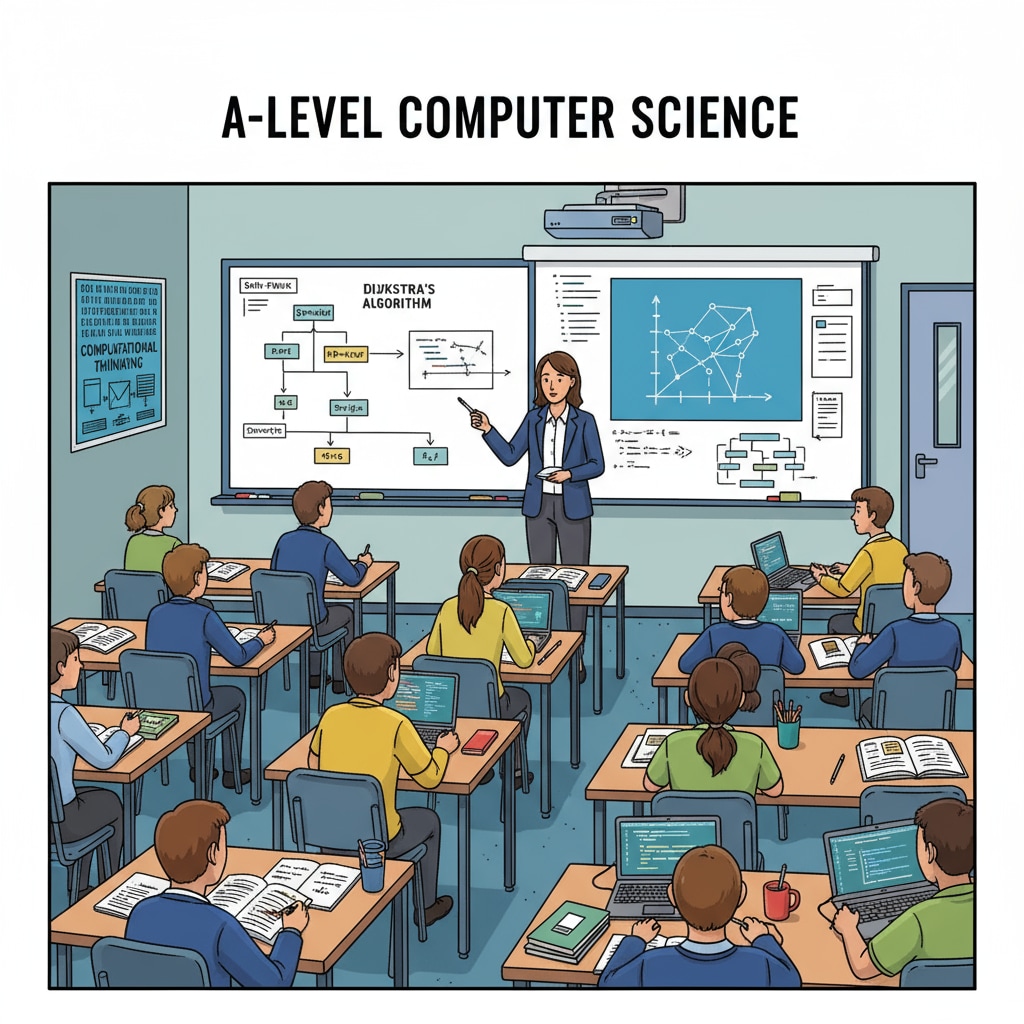When it comes to K12 students’ educational choices, especially in the field of computer science, the decision between BTEC and A-level can be crucial for university applications and future apprenticeships. BTEC Level 3 in Computer Science and traditional A-level each have their own characteristics and competitive advantages in the journey towards higher education and career development.
The Characteristics of BTEC Computer Science Level 3
BTEC qualifications focus on practical skills and real-world application. For Computer Science Level 3, students get hands-on experience in various aspects of the subject. They might work on projects related to software development, network administration, or data analysis. This practical approach allows students to build a strong foundation in technical skills that are highly relevant in the industry. For example, they could be involved in creating a small-scale software application from scratch, learning about coding languages, algorithms, and software design principles in a practical setting. BTEC official website provides more detailed information about the curriculum and assessment methods.

The Features of A-level in Computer Science
A-level, on the other hand, is more academically oriented. It delves deep into the theoretical aspects of computer science, such as computational theory, algorithms, and programming languages in a more theoretical framework. Students study textbooks, attend lectures, and complete written exams. This helps them develop a comprehensive understanding of the subject’s fundamental concepts. For instance, they will study complex algorithms and prove their correctness through mathematical reasoning. According to Wikipedia’s A-level page, A-level courses are widely recognized for their academic rigor.

When it comes to university applications, both paths have their own impacts. Some universities might prefer A-level students due to their strong theoretical foundation, as it indicates the ability to handle complex academic work. However, other institutions value the practical skills that BTEC students bring. These universities believe that practical experience can better prepare students for the industry-oriented courses in higher education.
In terms of career development, BTEC students may find it easier to enter apprenticeships directly after completion. Their practical skills make them suitable for on-the-job training programs. A-level students, on the other hand, may have an edge when applying for more research-intensive or academically focused roles in the long run.
Readability guidance: As we can see, each path has its pros and cons. Students should consider their own interests, career goals, and learning styles when making the decision. For those interested in a more hands-on approach and quicker entry into the industry, BTEC might be a better choice. While for those aiming for in-depth academic study and long-term research roles, A-level could be more suitable.


